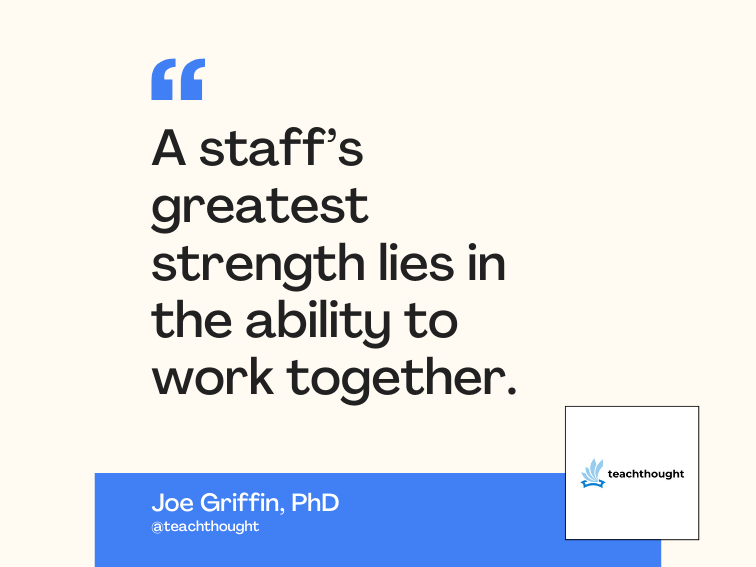
Progress Software’s CEO gives his take on the role messaging will play in Web services
PROGRESS SOFTWARE HAS gone through more metamorphoses than just about any company in the business. Beginning as a provider of 4GL application development tools, Progress today focuses on application and data integration. In an interview with InfoWorld Editor in Chief Michael Vizard, Progress CEO Joe Alsop and Rick Reedy, senior vice president of products, mark the company’s 20th anniversary by identifying what’s next for the company as it moves into messaging middleware through its Sonic Software subsidiary and other data-level integration technologies.
InfoWorld: One of the most dynamic elements of Progress is the work being done within the company’s Sonic subsidiary, which builds messaging middleware. What’s your take on the role messaging will play in the emerging Web services space?

Reedy: One way to think about it is as CORBA done right. The mass adoption and proliferation of standards that everybody’s accepting really didn’t happen in the CORBA timeframe. [Sonic’s release] is a hell of a lot easier to use and understand and deal with than CORBA ever was. And with the mass proliferation of things on the Internet, the desire to tie things together is just that much more in demand than it was in the past. So it’s here, at the right place, at the right time.
InfoWorld: Given that, what impact is Web services going to have?
Alsop: The logical thing for the app vendors to do, from SAP on down, is to support Web services as a [means to] providing a much easier way to hook into their applications. Mere mortals will be able to hook some application up to an SAP application or a J.D. Edwards [application], or whatever it might be.
InfoWorld: As a company that provides integration services on top of application servers, at what point does the J2EE (Java 2, Enterprise Edition) standard continue to evolve and eliminate the need for the types of products offered by Progress?
Alsop: The J2EE platform as well as the .Net platform or any other environment in which people build and develop business applications are simply that. They are environments that IT departments select to build or install their major business applications. Once that occurs and you’ve established the fact that there are multiple platforms out there that need to be linked together, the opportunity for companies like ours opens up.
InfoWorld: What makes the Sonic messaging platform any different from those offered by your competitors?
Alsop: Many of our competitors actually provide a whole stack of products that are very much focused on their particular platform. We focus on building a product that is platform-neutral, platform-independent, and that is the most reliable, scalable, and secure. Messaging, almost by definition, is something that needs to be platform-neutral, and we intend to say so as a company that isn’t a major operating system platform provider. We are seeing customers rethinking their strategies with respect to messaging, often brought about by the advent of Web services. I think it’s one of the reasons why Sonic revenues, while still small, are going to triple this year.
InfoWorld: What makes you think Sonic can take on a company like IBM in this space?
Alsop: The ongoing support requirements for some of the leading products are pretty severe.
Reedy: People, particularly with the economy of late, are becoming far more sensitive to cost. Not necessarily just the up-front cost but the ongoing costs of implementing a full IBM solution.
InfoWorld: While Sonic focuses on messaging, what will the rest of Progress be working on?
Alsop: The vast majority of integration projects are done at the database level and the data level. We believe strongly that the whole issue of replicating data amongst the whole network of nodes or databases is going to get far more challenging and will be in far greater demand. One of the unique things about our Peer Direct technology is its capability of doing heterogeneous replication, and the process is done at the data level.
InfoWorld: As a company, what’s your overall goal?
Alsop: Progress as a company has specialized in making it easier to build applications over the past 20 years. We want to see that kind of task vastly simplified and the cost reduced so that you no longer have the kind of enormous expenditures that far exceed the cost of the software. I think this is really necessary in order for businesses to move ahead. And it’s not just simply the cost, but also the time requirements of installing and integrating new application functionality that need to be significantly reduced.




